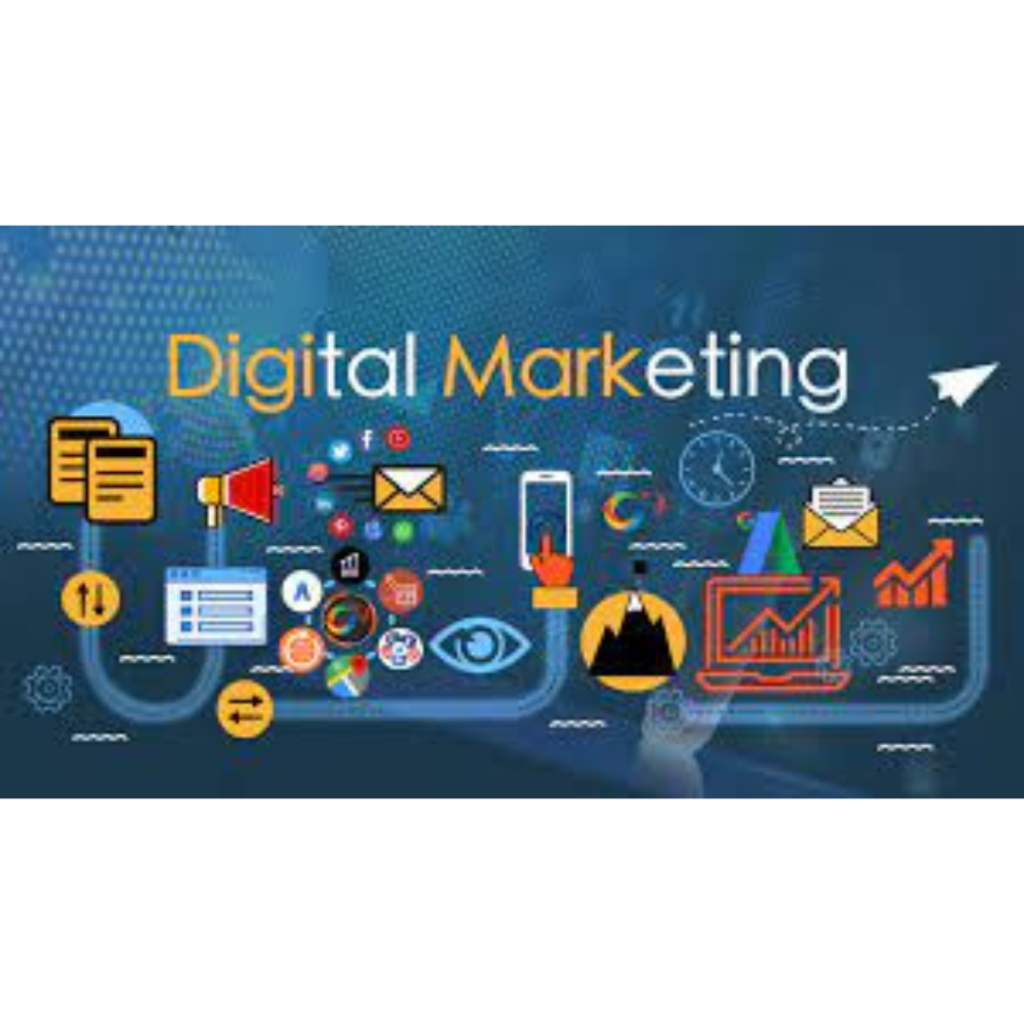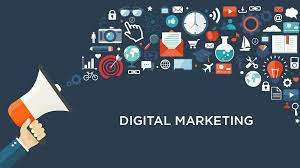Information technology (IT) as a dynamic field that involves the utilization of computers, software, and networks for data management, processing, and storage. It highlights the pervasive presence of IT in our lives, as nearly every aspect of our daily routines relies on technology. The post aims to examine the present condition of IT, recent trends and innovations within the field, and its overall influence on society.
Cloud computing enables businesses and individuals to access computing resources, like servers and storage, via the internet without the need for costly hardware or infrastructure investments. It has brought about a revolutionary change in the operational methods of companies by offering increased flexibility, scalability, and cost savings. Additionally, cloud services provide enhanced security and resilience as data is stored in multiple locations and can be efficiently backed up and restored in case of unforeseen events.
These technologies are utilized to analyze vast amounts of data, enabling businesses to enhance decision-making processes and improve their offerings. AI finds applications in various domains, including robotics and autonomous vehicles, where it contributes to driving substantial advancements and innovations.





Internet of Things (IoT) encompasses interconnected physical devices, vehicles, buildings, and objects embedded with sensors, software, and connectivity to collect and exchange data. It is transforming various industries like manufacturing, healthcare, and transportation, offering potential benefits such as improved efficiency, productivity, cost reduction, and enhanced quality of life.
Additionally, the recent pandemic has significantly impacted the IT landscape. With remote work and distance learning becoming widespread, there has been an increased reliance on technology. This has led to a surge in demand for collaboration tools, video conferencing software, and other IT services that facilitate remote work and communication.
The impact of IT is significant, and it encompasses various technologies like hardware, software, networks, and the internet, which facilitate data processing, storage, and dissemination.
Key factors influencing the current state of IT include cloud computing, AI and machine learning, IoT, and the recent pandemic. These developments have had a profound effect on the field, with implications for how we interact with technology and with each other. As technology continues to progress, further transformative changes are expected in our relationship with technology and in societal dynamics.

It has revolutionized the way we live, work, and communicate, making activities such as online shopping, social media, and e-learning more convenient and accessible. The proliferation of smartphones and mobile devices has enabled constant connectivity to the internet and each other, fundamentally changing how we interact with the world.
In the business realm, IT has become indispensable across industries like finance, healthcare, and manufacturing. Companies leverage IT to streamline operations, enhance customer service, and gain a competitive advantage. Cloud computing enables remote data storage and access, facilitating collaboration and remote work. Artificial intelligence and machine learning analyze large datasets, providing valuable insights to optimize business processes and decision-making. IT’s pervasive presence has significantly reshaped our lives and continues to drive innovation and advancement.

Cybersecurity threats, including hacking and phishing, have become more sophisticated and frequent, necessitating proactive measures from companies to safeguard their data and systems. Privacy concerns have also arisen as individuals become more conscious of how their personal data is collected, stored, and utilized.
Nevertheless, IT has profoundly transformed our lifestyles and work environments, and its impact is expected to continue expanding in the future. It is crucial for both individuals and organizations to stay updated on the latest IT trends and developments. This knowledge enables them to seize new opportunities and effectively manage and mitigate potential risks associated with IT.
Build real-life project with us



Related Articles
Embark on a Successful Data Science Career with These Essential Courses
Are you ready to dive into the dynamic field of data science and propel your career to new heights? Look no further! Here's a carefully curated list of essential courses designed to give you a head start in your data science journey: Python: Explore the versatility of...
Social Media Marketing Plan
A successful social media marketing plan typically includes the following steps: Define Your Goals: Define what you want to achieve with your social media marketing. Are you looking to increase brand awareness, generate leads, drive sales, or improve customer...
Jingle bells, jingle bells, tech all the way!🎄🎅🏼🎁
As the year draws to a close, we want to take a moment to thank all of our clients and partners for their continued support. It's been an exciting year full of technological advancements and innovation, and we're thrilled to have been a part of it. We wish you all a...
IT Diploma: Your Accredited Gateway to University-Level Education
If you have a passion for IT and have recently completed senior high school or are an adult seeking to further your education in IT, especially at the university level, consider starting with our IT Diploma. This program not only equips you with valuable IT skills but...
Exploring the World of Full Stack Development: A Comprehensive Overview of Front-End, Back-End, and Database Layers
Full stack development is a term used to describe the process of designing, developing and deploying software applications that span across the entire technology stack, including the front-end, back-end, and database layers. A full stack developer is responsible for...
Empowering Children through Coding: Unleashing Creativity, Problem-Solving and Collaboration Skills for Future Success
Coding is a valuable skill for children to learn in today's digital age. Here are some reasons why: Develops problem-solving skills: Coding involves breaking down complex problems into smaller, more manageable parts. This teaches children to think logically and...
Stay Up to Date With The Latest News & Updates
Get a Programming Skill
Join Our Newsletter
we promise not to send spam mails
Follow Us
Get in touch with us on all the social media platform.













